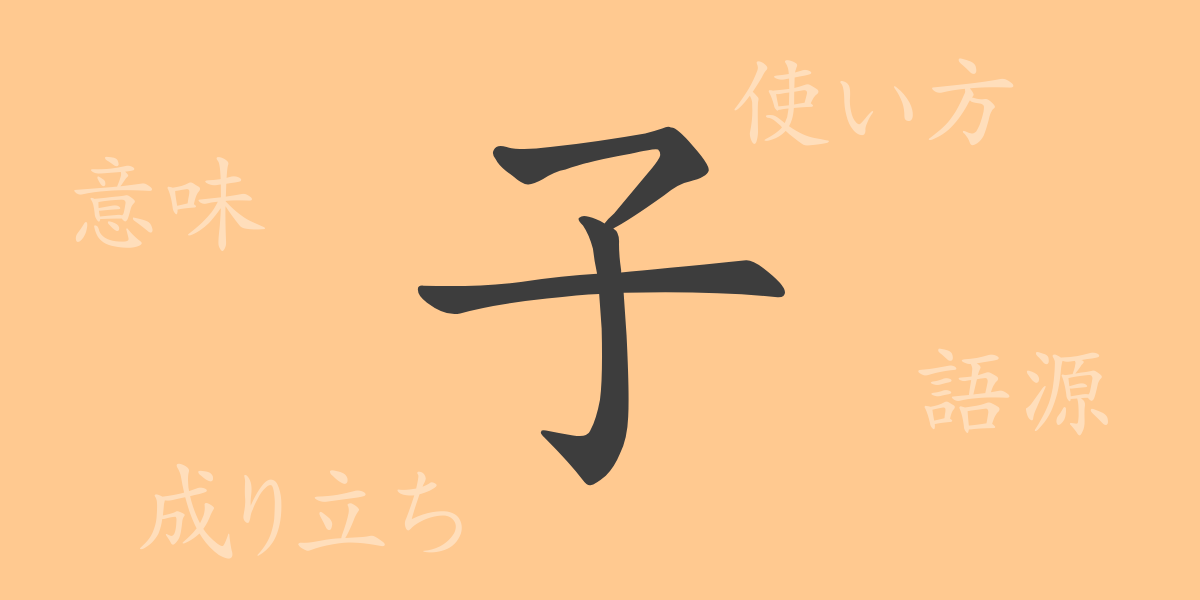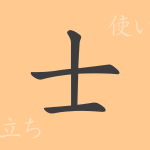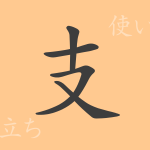The Japanese language boasts numerous kanji characters that richly express emotions, philosophies, and natural phenomena. Among them, “子(こ)” is a widely used character as a common kanji, deeply rooted in our daily lives. In this article, we will delve into the origins, meanings, usages, readings, stroke counts, and radicals of “子(こ),” as well as explore idioms, phrases, and proverbs that include this character. Let’s explore the world of “子(こ)” together, appreciating the beauty and depth of the Japanese language.
Origins of 子(こ)
The kanji “子(こ)” has ancient origins, believed to have derived from pictographs. In ancient Chinese oracle bone script, the original form of “子(こ)” depicted a child standing with outstretched arms. Over time, it evolved into the simplified form we see today, but its essential meaning has remained unchanged, representing children and descendants as a significant character passed down through generations.
Meanings and Usage of 子(こ)
The kanji “子(こ)” often denotes “child” or “son” but its usage extends beyond these meanings. “子(こ)” is also used to refer to people with affection or familiarity. For example, “弟子(でし)” refers to a person learning from a master, and “学生(がくせい)” means a person studying a subject. Additionally, “子(こ)” appears in the names of plants, animals, and even chemical elements, showcasing its extensive application.
Readings, Stroke Count, and Radical of 子(こ)
The kanji “子(こ)” is simple in structure, making it easy for beginners to learn.
- Reading: The on’yomi (音読み) is “シ(し),” and the kun’yomi (訓読み) is “こ.”
- Stroke count: It has a total of 3 strokes.
- Radical: The radical is “子(こ)” itself, and its radical name is also “こ.”
Idioms, Phrases, and Proverbs Using 子(こ) and Their Meanings
There are various idioms, phrases, and proverbs in Japanese that include “子(こ).” For example, “親子丼(おやこどん)” is a dish made with parent and child chicken, “子宝に恵まれる(こだからにめぐまれる)” is an expression that means being blessed with children, and “子供の手を引く(こどものてをひく)” describes guiding and protecting a child. These expressions reflect Japanese culture and values, conveying traditions and thoughts through language.
Conclusion on 子(こ)
The kanji “子(こ)” carries a multitude of meanings and usages far beyond its simple shape. Representing children and descendants, and expressing affection, respect, and familiarity towards people and things, this kanji symbolizes the richness of Japanese expression. Additionally, idioms, phrases, and proverbs including “子(こ)” play crucial roles in Japanese language, used extensively in daily conversations, literary works, and educational settings. Through this article, we hope to provide you with a deeper understanding of the significance of “子(こ)” and help you rediscover the charm of the Japanese language.

























